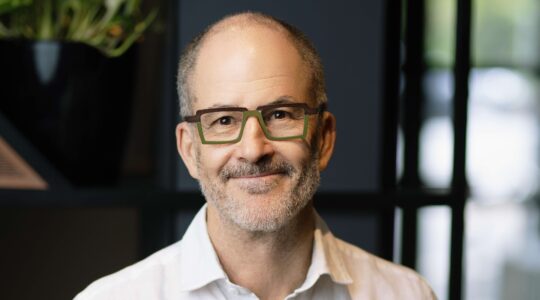Researchers believe having children protects the brain from the effects of ageing.
A study of nearly 37,000 adults, by scientists at Rutgers Health and Yale University, in the United States, found that parents showed patterns of brain connectivity that directly opposed typical age-related changes, with the effect strengthening with each additional child.
Senior study author Associate Professor Avram Holmes said the results were the same for both mothers and fathers, suggesting the benefits came from the experience of parenting rather than biological changes from pregnancy.
“The regions that decrease in functional connectivity as individuals age are the regions associated with increased connectivity when individuals have had children,” Dr Holmes said.
He said the research analyzed brain scans and family information from the UK Biobank, a large-scale biomedical database and research source.
“Parents with more children tended to have stronger connectivity in key brain networks, especially those involved in movement and sensation.
“These same networks typically show decreased connectivity as people age.”
Dr Holmes said the effect appeared to be cumulative, with the more children parents had, the stronger the brain differences appeared.
He said the findings challenged assumptions that having children primarily created stress and strain.
“Instead, the research suggests parenting may provide a form of environmental enrichment that could benefit brain health through increased physical activity, social interaction and cognitive stimulation.
“The caregiving environment, rather than pregnancy alone, appears important since we see these effects in both mothers and fathers,” Dr Holmes said.
Read the full study: Protective role of parenthood on age-related brain function in mid- to late-life.








